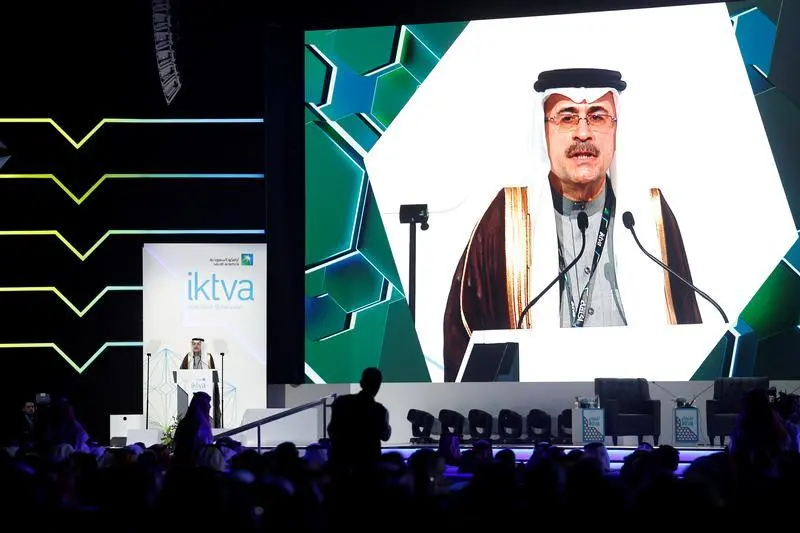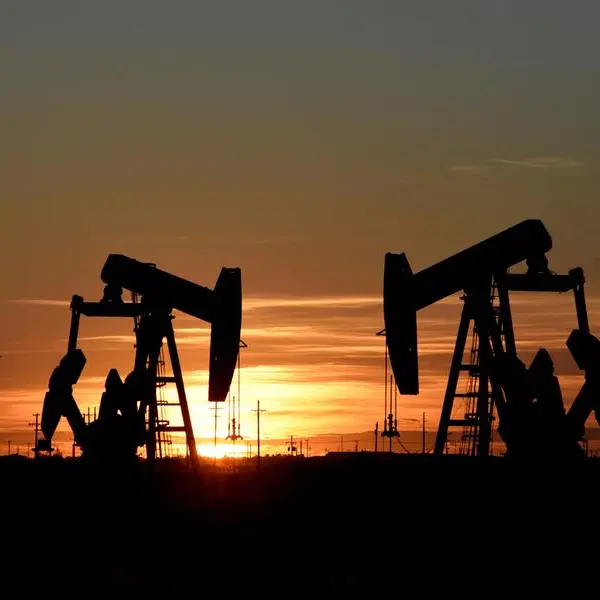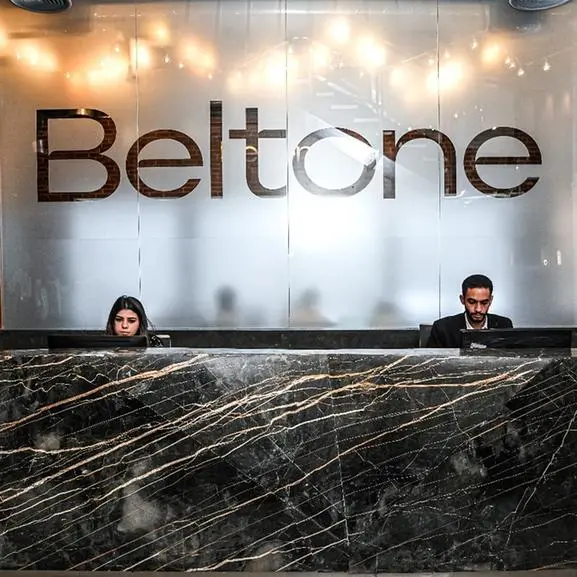PHOTO
DUBAI: Saudi Aramco, the world’s biggest oil company, will submit itself to two days of intense scrutiny by global investors after the biggest shock to global energy markets in decades.
The company is set to announce its financial results for the second quarter of 2020 — which witnessed the collapse of oil prices in April as global demand collapsed because of the COVID-19 pandemic — and CEO Amin Nasser and other executives will open up to questions about future strategy in an uncertain time for crude.
On Sunday, Nasser will field questions from the international media after posting the financials on the Tadawul exchange in Riyadh where its shares are listed — the first time Aramco has staged a press conference for financial journalists since becoming a public company in the record-breaking initial public offering in December.
On Monday, he will answer questions from the world’s investment experts on vital issues such as the future dividend policy, capital expenditure plans, and how Aramco can thrive in the “new normal” of relatively low oil prices.
Both encounters promise to be eventful after a transformational first half of 2020 that has changed many of the basic assumptions of the oil industry. One industry expert said the period was “the eye of the storm” for the oil industry.
With the oil price about $20 per barrel lower than at the start of the year, some European energy giants are reinventing themselves as champions of a new environmentally aware era, cutting investment in crude exploration and writing down the value of their oil assets.
In the US, the shale revolution has ground to a halt as companies struggle under the new financial regime of $40 a barrel. Some have gone out of business, weighed down by debts and heavy financing costs.
Aramco is subject to those same financial pressures. JP Morgan, the giant US investment bank, estimates that Aramco’s operating income will be down by 64 per cent this year, with a similar fall in earnings for shareholders.
Another big US financial institution, Bank of America, also calculates that many of the key financial metrics will be significantly lower.
But both banks, in pre-results research notes, say that Aramco has advantages lacking among its peer group of independent oil companies in the US and Europe.
“While the results will be understandably weak, we believe that Aramco’s advantages such as low cost of production, long reserve lives and free cash flow generation in a lower oil price environment come to the forefront as industry metrics deteriorate rapidly amid the oil price collapse,” BoA said.
JPM analyst Christyan Malek reiterated the firm’s “overweight” recommendation for Aramco shares — advising investors to buy the stock — highlighting the strength of Aramco’s energy and petrochemicals portfolio, its financial strengths, and the advantage of its low-cost profile to win it increasing market share from rivals.
Accoding to Malek, the “key strategic focus points” of the meetings with journalists and analysts will be the “reiteration” of Aramco’s commitment to a total dividend payout of $75 billion this year, Nasser’s insights on the strength of the global recovery in oil demand, and an update on plans for capital expenditure, slated at around $25-$30 billion for this year.
BoA also highlighted Aramco’s strengths in a fast-changing global market. “Aramco dwarfs its oil and gas peers both by the sheer size of its production and lowest global extraction cost structure. Aramco’s financials also were ahead of such stock market champions as Google, Apple and Amazon,” the firm said.
The second quarter of 2020 was “the eye of the storm”, the bank said. “The second quarter will be a tough one for Aramco as we expect earnings to decline by 60 percent year-on-year. The decline will be mainly driven by oil price collapse, exacerbated by lower official selling prices in April and May,” it added.
Malek agreed. “The second quarter will be a transitory quarter of tough macro-economics, lower crude production at 9.3 million barrels per day, widened realization discounts and rising gearing,” he said.
Both investment houses also expected an impact on Aramco’s financial position from the $69 billion acquisition of SABIC earlier this year.
But they also believe there could be more value to be had from holding Aramco shares, which traded at SR32.95 on the Tadawul last week. BoA set a target price of SR34, while JPM said the shares could reach SR36.
Copyright: Arab News © 2020 All rights reserved. Provided by SyndiGate Media Inc. (Syndigate.info).




















